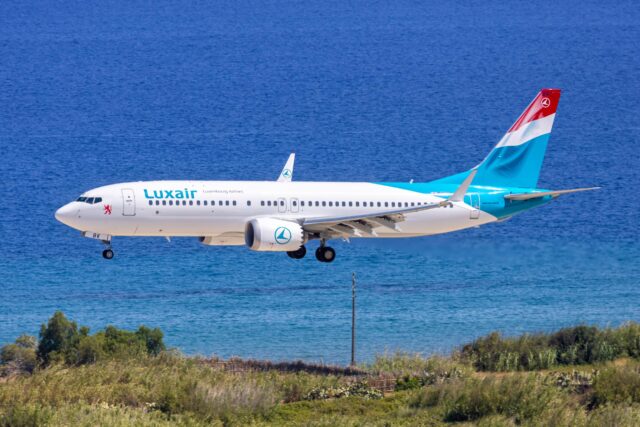Luring new investors will push UK space sector to ‘next level’
Increased funding from new and diverse investors is critical to driving growth in the UK space sector, according to Dan Osrin, senior manager at PwC, Strategy& UK, whose team recently…

Increased funding from new and diverse investors is critical to driving growth in the UK space sector, according to Dan Osrin, senior manager at PwC, Strategy& UK, whose team recently helped publish a “down to earth guide to investing in space”.
The global space sector is now worth over $469bn, with 77% accounted for by the commercial market, and analysts project future growth of up to 11% per year. The sector also supports an estimated £370bn of UK GDP every year.
But the strength of other national space industries is putting pressure on the UK to adapt and expand.
International competition
Osrin explained: “We’ve got a lot of great talent in our space sector, we have some great companies, but the space sector globally is becoming incredibly competitive. The US has always been strong. We see many other countries now coming into the market with significant force, whether it’s across Europe, Asia, the Middle East and beyond, and so to be competitive, and to breed the best-in-class companies, we need to make sure that the UK companies are well-funded and are able to grow on a global scale.
“And actually, the UK has been pretty good at getting very early-stage funding for founders to mature an idea into an SME business, but we need to get even better at taking those businesses to the next level. So, we’re talking particularly about Series B, Series C, Series D, through the growth stages, to be able to compete in a global playing field.
“That requires greater levels of investment, and therefore more investors, particularly investors that can take a different investment thesis from early stages, for example we need more mainstream and mature investors in private equity or large software funds to better understand the market opportunity. Ultimately, in order to grow the space sector, we need to grow the number of participants thinking about playing in the space sector, all bringing their own value and unique perspective to the market.”
Opportunities for all types of investors
The message from PWC and the UK Space Agency is that there are opportunities for all types of investors. The report emphasises that there is a diverse range of companies and with it, potential for return. A software investor, for example, who might think associate space with rockets and machinery, should not be dissuaded from pursuing opportunities in the sector.
“The key point we’re trying to help investors understand is that there are investment opportunities for investors of all stripes, and we think once you start helping people understand that, the openness to explore the opportunity will increase,” he said.
“If you can help them understand there are segments of the market that are effectively data analytics companies, then we can open up a different kind of conversation.
“For example in earth observation or space traffic management we have many companies that are purely doing analysis and deriving insights from data, they own no significant hardware, they are a software company.”
‘Underlying trends are strong and positive’
He added: “Space is an innovative sector, like many others such as smart mobility, FinTech and AI – and in all innovative sectors, you will have cyclicality, winners and losers.
“The market will likely continue to go through cycles that impact the funding environment. We had a huge boom in capital funding in 2021, and the market in 2022 cooled off a bit, but it wasn’t just in space, it was across most innovative sectors.
“Space isn’t the only sector that has companies that have unfortunately lost out, but the medium to long term fundamentals of the sector, the growth prospects, and the underlying trends are strong and positive.
“We see the size of the sector continuing to increase significantly, and so there will be winners in the market. We need to work hard to make sure some of those winners either come from the UK, or otherwise are attracted to invest in the UK market.”
Subscribe to the FINN weekly newsletter
















